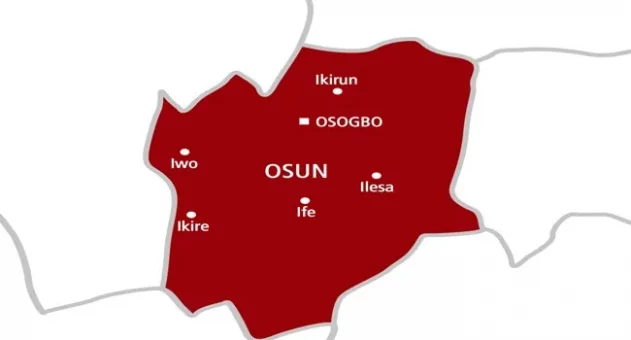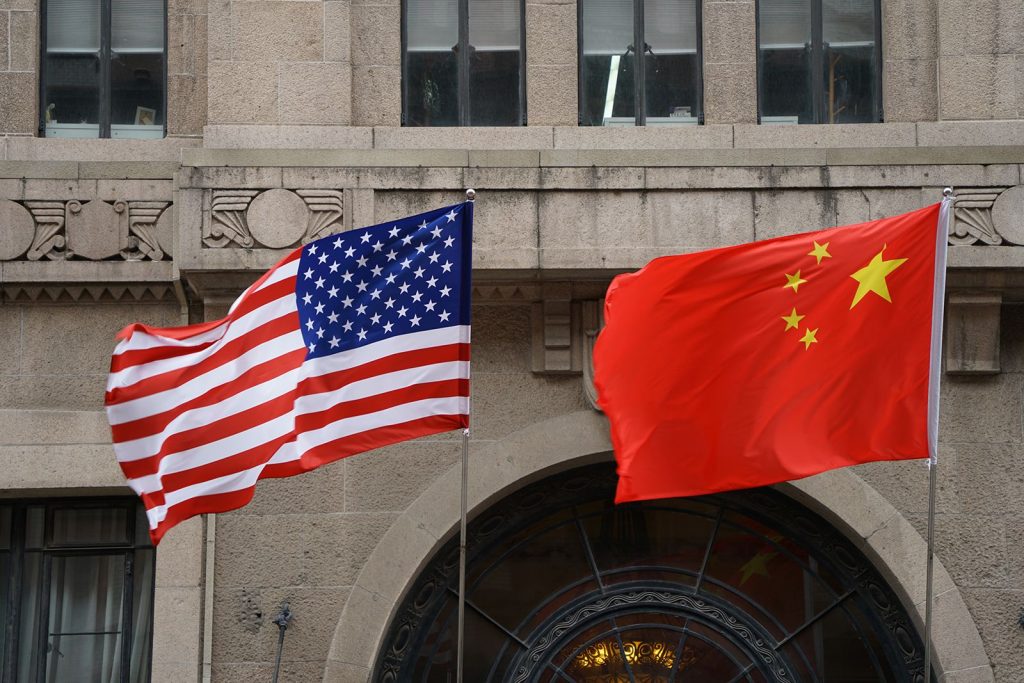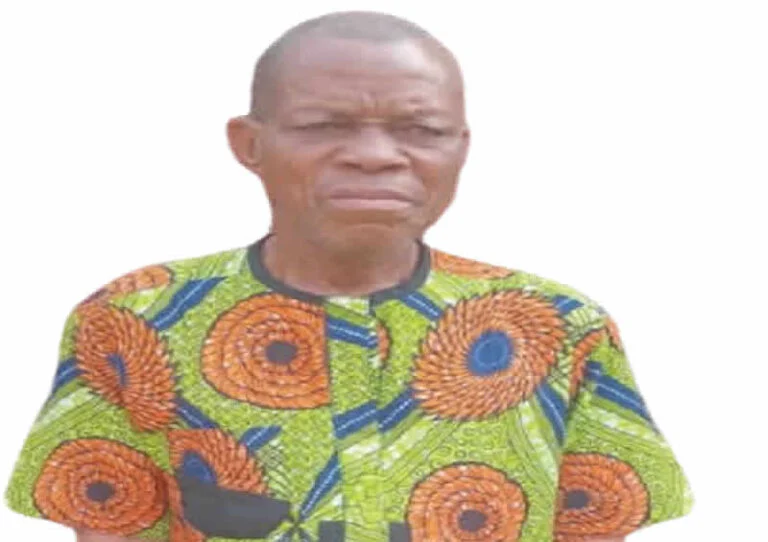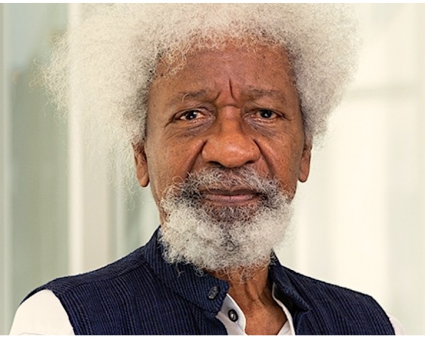$268.6m ECOWAS Deal Will Reposition Taraba’s Economy — Governor’s Aide
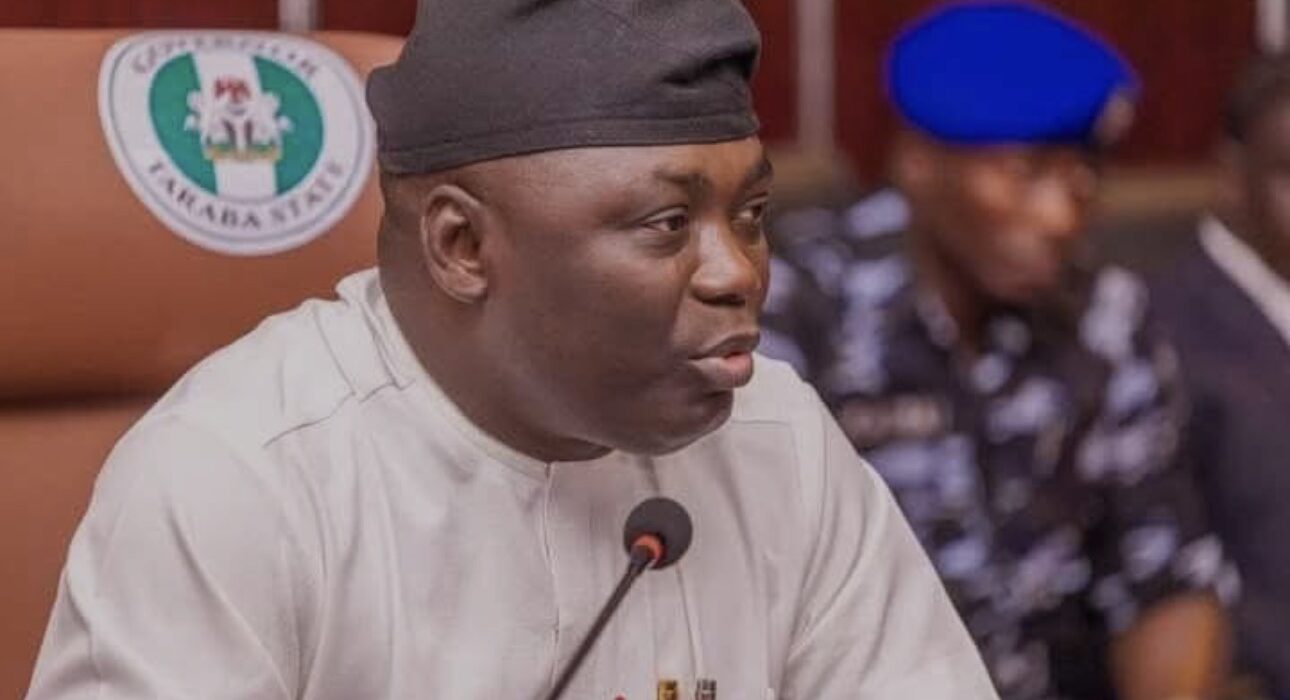
The Taraba State Government has announced that a newly secured $268.6 million financing package from the ECOWAS Bank for Investment and Development (EBID) will transform the state’s economic landscape and drive large-scale development across key sectors.
Speaking on behalf of the state government, the Commissioner for Energy and Economic Development, Naomi Tanko Agbu, described the deal as a “strategic breakthrough” that aligns with Governor Agbu Kefas’ vision to industrialize Taraba and enhance its self-sufficiency through sustainable investments in energy, agriculture, and infrastructure.
According to Agbu, the funding will be deployed across three major projects — the construction of a 50-megawatt solar power plant, the establishment of a modern rice processing complex with a 10,000-hectare irrigated rice production scheme, and the creation of a state industrial park. Each project, she explained, is designed to stimulate economic activity, create jobs, and position Taraba as a regional hub for agribusiness and renewable energy.
“This partnership with ECOWAS represents a turning point for Taraba,” Agbu said. “It will not only improve access to power and agricultural productivity but also attract private investors who will help sustain the growth we are building.”
She emphasized that the solar project would significantly improve electricity supply across the state, especially in underserved communities and public institutions, while the rice initiative aims to boost food security, reduce dependency on imports, and strengthen local value chains. The proposed industrial park, she added, would serve as a magnet for industries and entrepreneurs seeking affordable infrastructure and reliable power.
Economic experts have hailed the deal as one of the largest single investments ever secured by Taraba State, noting that it reflects growing confidence in Governor Kefas’ reform-oriented administration. The projects, once completed, are expected to create thousands of direct and indirect jobs and open new markets for local farmers and manufacturers.
However, analysts have also cautioned that successful implementation will depend on effective project management, transparency, and security stability within the state. Taraba, which has faced periodic challenges related to infrastructure deficits and security concerns, will need to ensure that the projects are well-coordinated and community-driven.
Governor Kefas, through his aide, reiterated his administration’s commitment to prudent use of the funds and accountability in every phase of execution. “Our goal is not just to sign deals but to deliver results that improve lives. Taraba must become a model for sustainable development in northern Nigeria,” he said.
With the ECOWAS-backed investment now approved, groundwork for the first phase of implementation is expected to begin before the end of the year, marking a major stride in Taraba’s quest for economic renewal and regional competitiveness.


